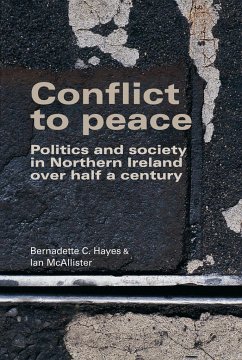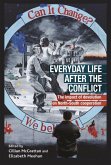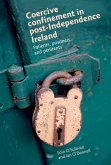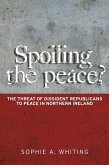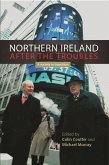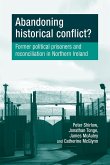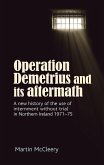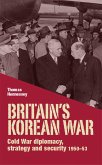Throughout the twentieth century Northern Ireland was a byword for conflict. Since the 1998 Belfast Agreement, Northern Ireland has experienced a level of peace unknown since the 1960s. Conflict to peace examines how and why the conflict was resolved from the perspective of those most affected by it - the people of Northern Ireland themselves. Using dozens of public opinion surveys collected since 1968, the book covers changes in public opinion across all areas of society and politics, including elections, education, community relations and national identity. Despite peace, the surveys show that Protestants and Catholics remain as deeply divided as ever. The vast majority marry members of their own community, attend religious schools and spend their leisure time with their co-religionists. The young are as divided as the old in their social and political behaviour. How to deal with the legacy of the conflict divides the communities almost as much as the conflict itself. Small sources of optimism are the growing number of pupils attending integrated schools, and increases in support for mixing across religious boundaries. Conflict to peace uses an unprecedented collection of opinion surveys to trace these trends across half a century. The results have implications not just for peace-making in Northern Ireland, but for other societies emerging from conflict. The main lesson of peace-making in Northern Ireland is that reforming political structures has to be accompanied by a commitment to social change across the society as a whole. Peace after conflict needs social as well as political change.

